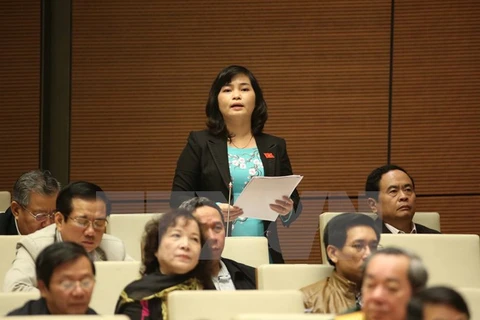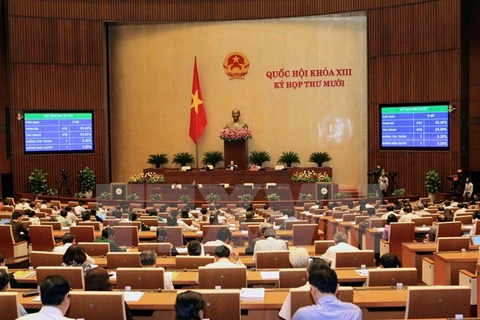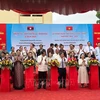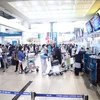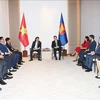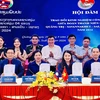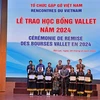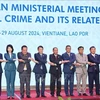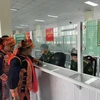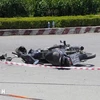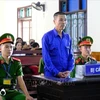Hanoi (VNS/VNA) - In Vietnam, books available for people with disabilities remain as low as one percent, but there is hope for the future.
Expert gathered at a seminar in Hanoi on November 20 co-hosted by the National Committee on People with Disabilities and the United Nations Development Programme (UNDP).
They discussed how a treaty signed in Marrakesh, Morocco five years ago was implemented to help those who are visually impaired or struggle to read books could be beneficial in Vietnam.
The Marrakesh Treaty is the latest addition to the body of international copyright treaties administered by World Intellectual Property Organisation (WIPO).
It main goal is to create a set of mandatory limitations and exceptions for the benefit of the blind, visually impaired and otherwise print disabled (VIPs).
People with print disabilities are those who cannot read texts, hold a book or turn pages because of visual, learning or physical disability. These people need books to be transferred to accessible formats including Braille, audio or large print to be able to read.
The treaty enables production, distribution, importation and exportation of accessible format copies without having to ask for right holders’ permission.
Meanwhile, it provides reassurances for the publishing industry and the author.
In developed countries, up to 10 percent of published books are made into formats to which print disabled people can access, the percentage in developing countries including Vietnam is one percent.
While 70 countries have joined the treaty, Vietnam is still to sign up.
“The workshop clearly demonstrates Vietnam’s strong commitment to lift barriers that stand on the way to realise the full potentials and inclusion for people with disabilities,” said UNDP Deputy Country Director Akiko Fuji.
On behalf of UNDP, Catherine Phuong, Assistant Country Director, also showed expectation on Vietnam’s participation in the treaty.
“We hope that Vietnam will be the new country to join the treaty. More countries need to ratify the treaty to maximise the access to knowledge of people with visual impairment and print disability,” she said.-VNS/VNA
VNA


